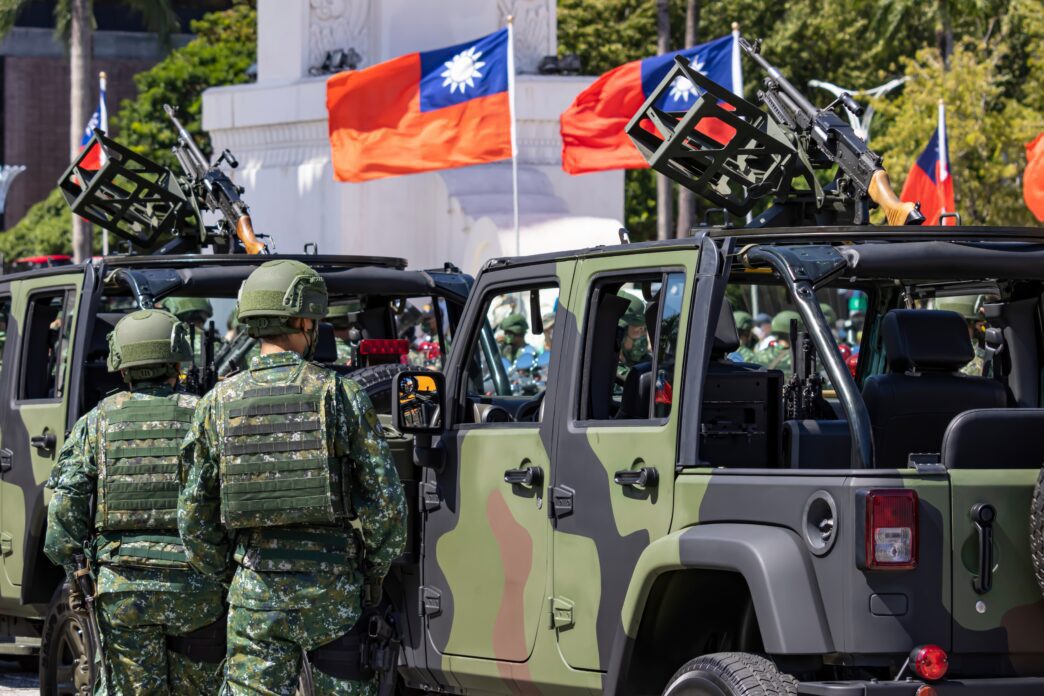Executive Summary
The Story So Far
Why This Matters
Who Thinks What?
An influential American think tank, the Rand Corporation, suggests that Australia and Japan could form the core of a potential U.S.-led pre-emptive sanctions coalition aimed at deterring Beijing from military action against Taiwan. The report posits that such large-scale economic restraints could be implemented if Washington anticipates a conflict across the Taiwan Strait within three to six months.
Report Details and Allied Strategy
The Rand Corporation, a prominent American research organization, detailed its findings in a report titled “Economic Deterrence in a China Contingency,” published recently. This study examines scenarios where the United States might impose economic measures preemptively against mainland China.
According to the researchers, for these economic measures to achieve “maximum effectiveness,” the involvement of key allies and partners would be essential. The report emphasizes the critical role of international cooperation in any large-scale economic deterrence strategy.
Key Potential Partners
The study identifies Canberra and Tokyo as “the most important” partners in the Pacific region for such a coalition. This assessment is based on their significant security interests in the Pacific and their close existing relationships with the United States.
Beyond the Pacific, the United Kingdom is also named as another potential participant in an expected coalition. The report cites London’s “historic relationship” with Washington and its long-standing status as a “global security leader” as reasons for its inclusion.
Effectiveness and Broader Planning
While advocating for economic tools, the Rand Corporation’s analysis also notes a crucial caveat. The report states that “sanctions alone are unlikely to deter” China from taking action against Taiwan.
Instead, the think tank suggests that economic measures should be integrated as a component of “broader contingency planning.” This approach indicates a recognition that a multifaceted strategy, combining various diplomatic and security tools, would be necessary.
Key Takeaways
The Rand Corporation’s analysis outlines a strategic framework for economic deterrence, emphasizing the critical role of allied cooperation in any pre-emptive measures against potential Chinese action on Taiwan. It highlights the potential for a U.S.-led coalition involving key partners like Australia, Japan, and the United Kingdom, while also underscoring the need for economic tools to be part of a comprehensive, broader contingency plan.








